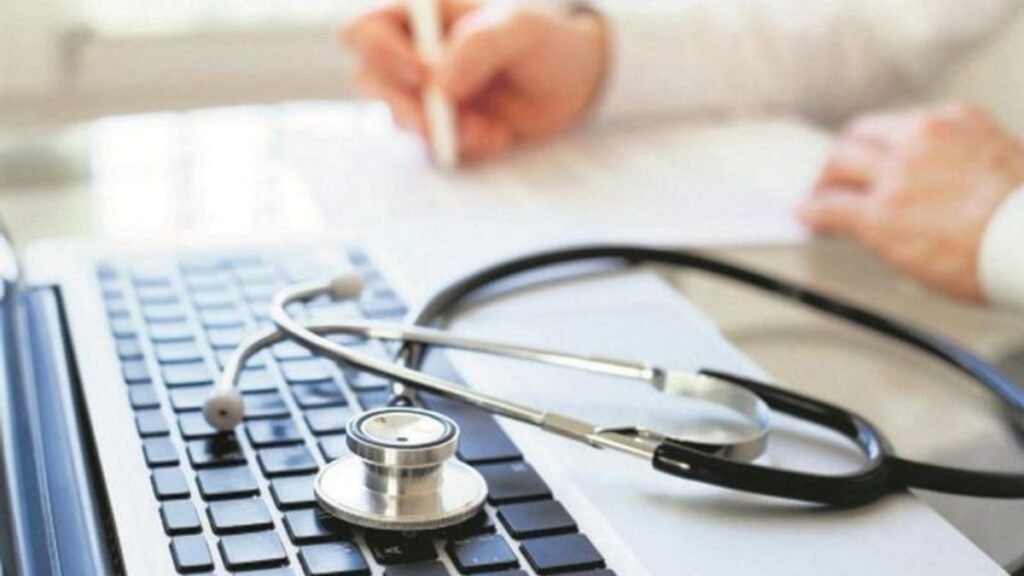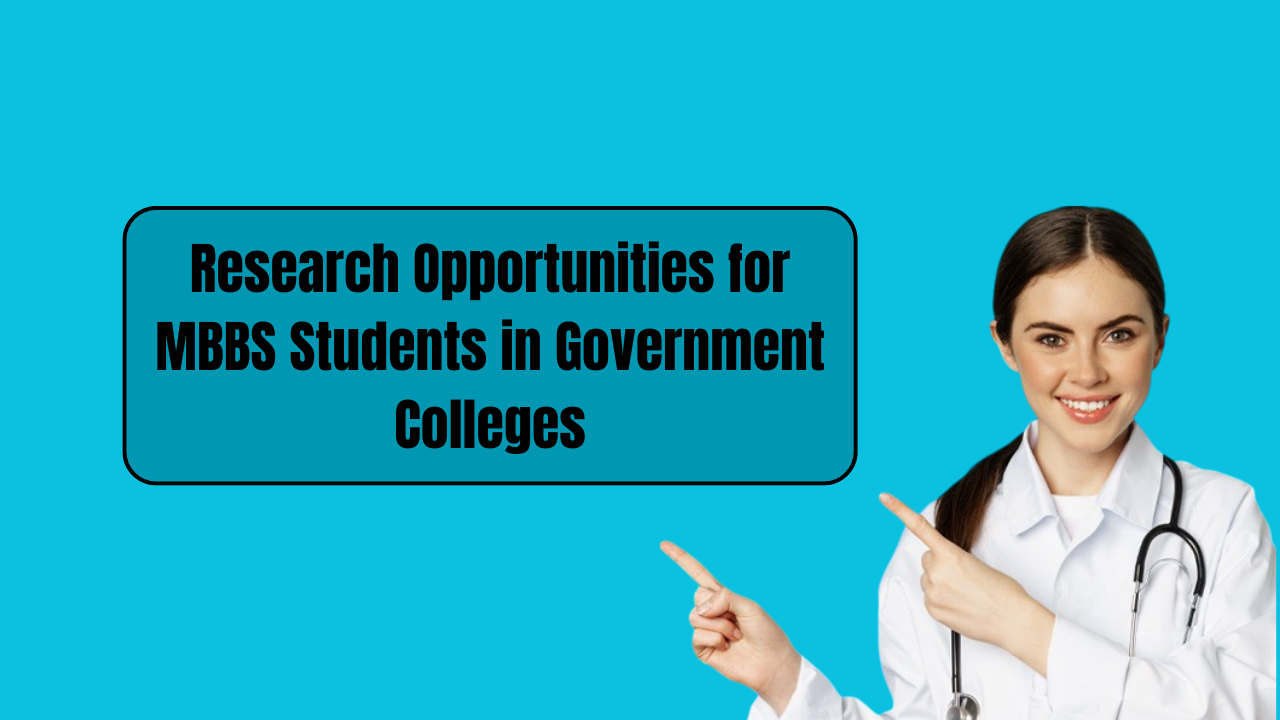We can get research opportunity for maximum number of students in medical education generally enhancing the academic profile or improving the chances of getting residency slots. Research could also enable students to learn about things like the ICMR STS projects, institutional designs of research, international electives, and summer internships at the top institutes. Moreover, being invited to conferences, doing research work with NGOs, and participating in student societies further expand this experience into the area of critical thinking and medical contributions. Medical school is not just a place for passing exams and going through clinical rotations, but also a place for building up one’s academic and research profile. Research experience, in a sense, gives you the taste of medicine; in others, it is the important beef in the application for a residence, scholarships, and fellowships. In general, research experience counts in most cases while applying for postgraduate competition positions or considering nonclinical careers in academia or public health. Here are few of seven major things in research opportunity one should consider equally as every other medical student.
ICMR-STS (Short Term Studentship)
This STS program of ICMR (Indian Council of Medical Research) benefits undergraduate students engaged in biomedical research. The student will submit a proposal on a research topic of his/her own choice, take up the summer project under faculty mentorship for 2 months, be given a stipend if the proposal is accepted and the final report is approved. ICMR-STP is among well-esteemed and well-acknowledged programs in India regarding most suitable initialization of research career.
Institutional Research Projects and Mentorships
Most of the medical colleges today have a vibrant active research cell or ethics committee to help the students pursue research at the undergraduate level. All these internal programs are most valuable-whether it is attending faculty-led projects, helping in data collection of clinical trials, or initiating your research under institutional support.
Apart from having a research presentation-receiving college, some colleges tie up with a few journals, which means you can even publish or present your findings at conferences.

International Electives and Exchange Programs
There is often no way like international exposure for expanding your research view. Such as IFMSA exchanges or elective programs in the US or the UK or Australia, include opportunities to be involved in ongoing international research. You will gain both resources and insights from these experiences into the respective international healthcare systems and an opportunity to work on common international research questions that would usually result in certification and/or publication.
Summer Internships at Top Institutes like AIIMS, NIMHANS, PGI
AIIMS gives out summer internship programs such that students participate in collaborative research in cutting edge medical research with a guide from PGIMER, Chandigarh, and NIMHANS Bengaluru. Though very competitive, these summer internships deal with laboratory and clinical research aspects with a special learning experience. Some programs may include workshops and training seminars, ideal for the holistic growth of students.
National and State-Level Conferences
At medical conferences, one can present research work to the learning audience while brokering contacts with others in their field. Along with the above conference, conferences such as MEDICON for undergraduates and annual meets by various specialty associations also give windows to the students to make presentations for their work. Presenting projects/posters at such conferences generates not only confidence but also increases one’s academic CV.
Research with NGOs and Public Health Bodies
In case of fulfillment and orientation in new learning by doing research projects with organizations such as WHO, UNICEF, or even national NGOs focusing on public health or health care, this may be considered as a great achievement for those interested in epidemiology, public health, or social medicine. Most projects are real-world problems related to the communities-such as vaccine outreach, disease surveillance, or maternal health-and those that may give field experiences and possibly academic credit.
Student Research Societies and Online Research Platforms

Becoming a member of a student-managed research society or online medical research platform can lead to joining collaborative projects. These communities provide online courses, competitions, and mentorship programs. Being a part of such initiatives can allow you to possibly network with like-minded peers and get feedback about your research ideas.
Getting involved in research during medical school can seem intimidating at first, but don’t let that deter you. Take it a step at a time – help an upperclassman, volunteer for a faculty-led study, go to a research workshop. Eventually, you will learn the skills and develop the confidence to lead on your own projects. Most importantly, you will walk away with a tremendous amount of skill in asking questions that will keep your thinking critical and leaving you making real contributions into the future of medicine.
FAQ:
How can I tell if my 1970s coin is valuable?
Look for mint errors, low mintage years, or uncirculated condition. Consulting a coin expert or appraiser helps confirm authenticity and value.
Where can I sell a valuable 1970s coin?
You can sell through certified coin dealers, auction houses, or online marketplaces like eBay—ensure you verify the buyer’s credibility first.
Are all 1970s coins worth money?
No, only specific rare versions or error coins hold high value. Most circulated 1970s coins are worth only face value or slightly more.
